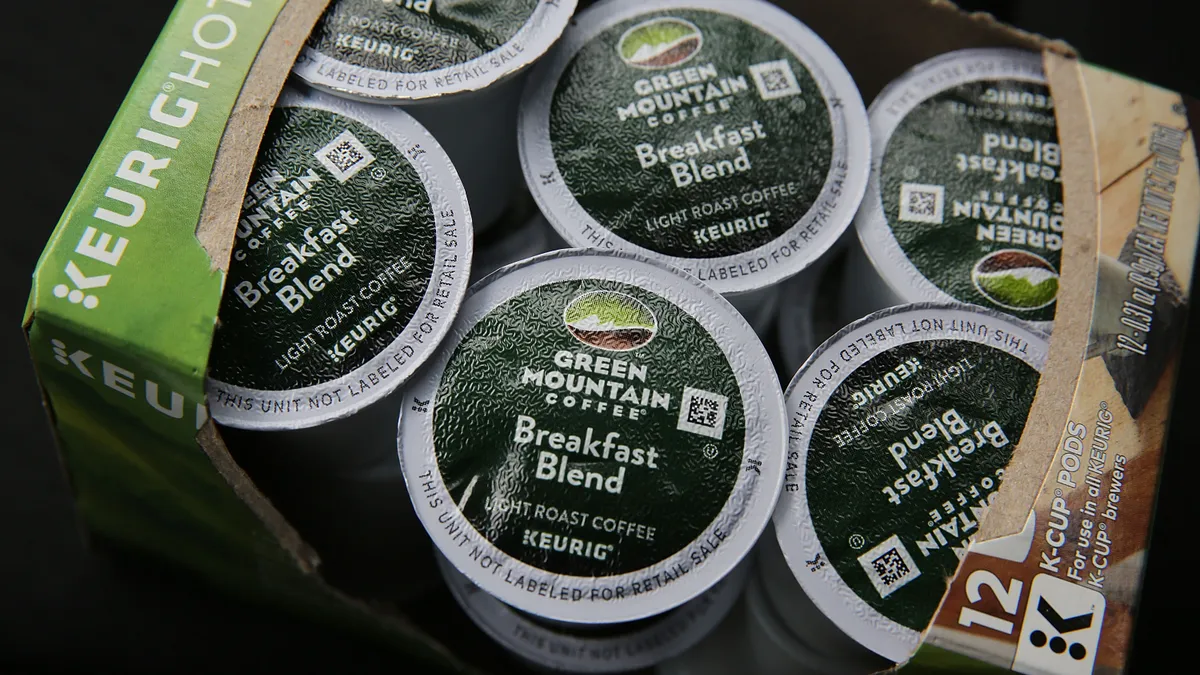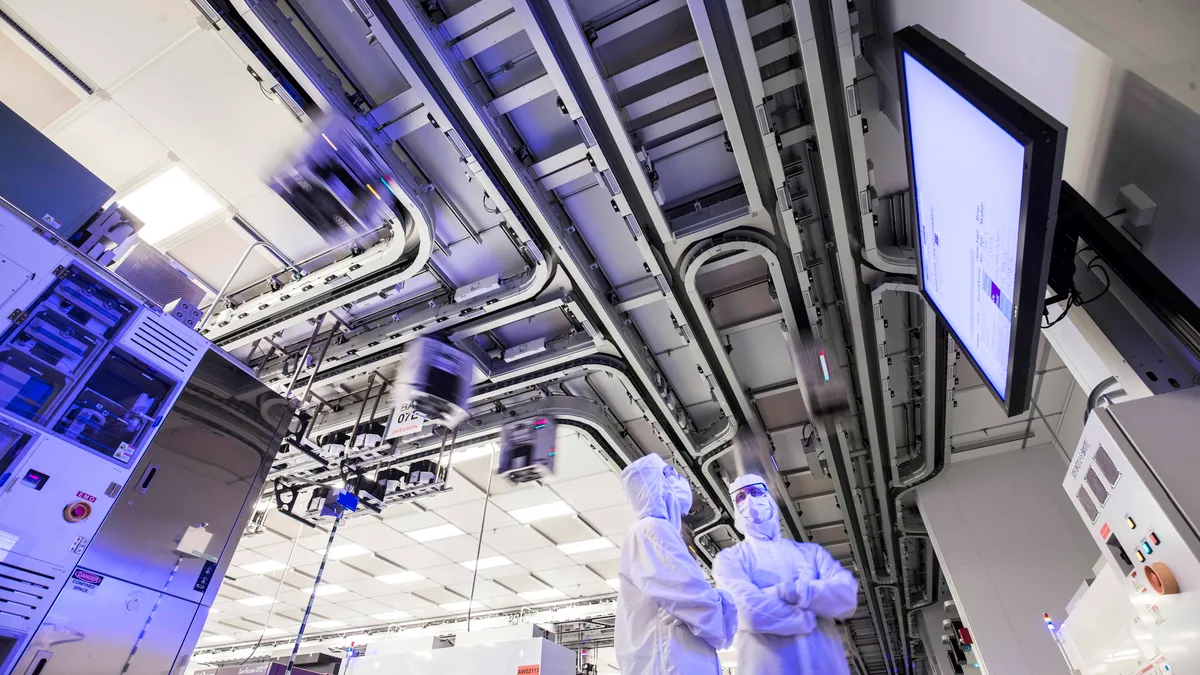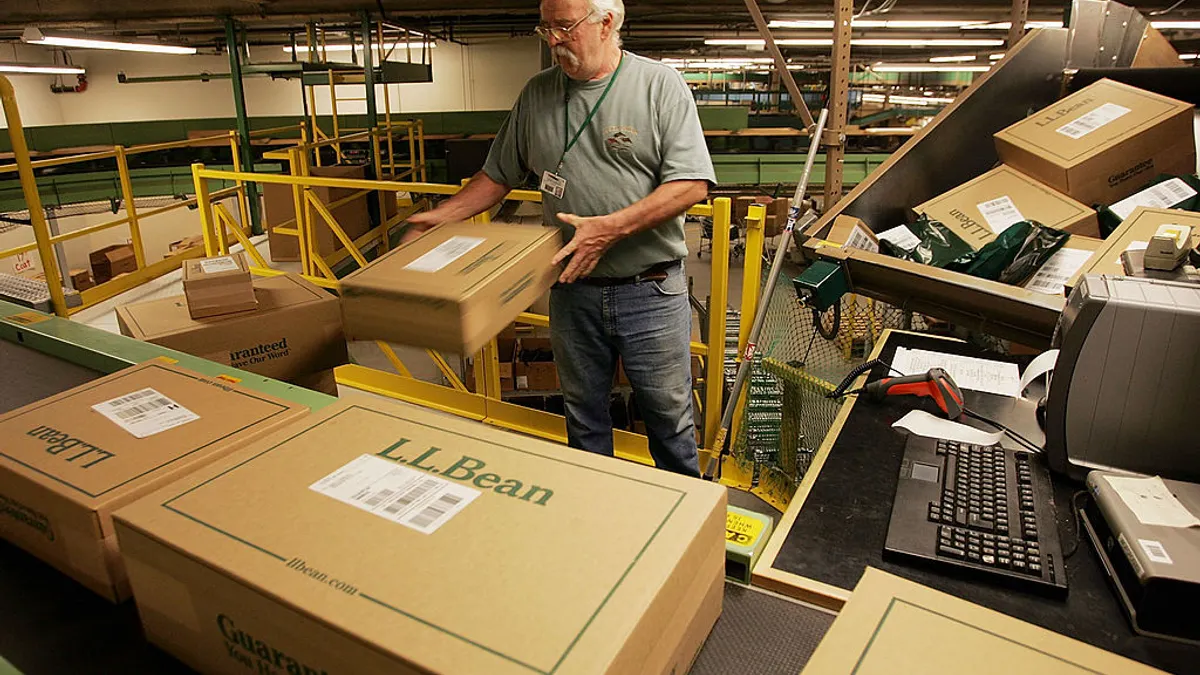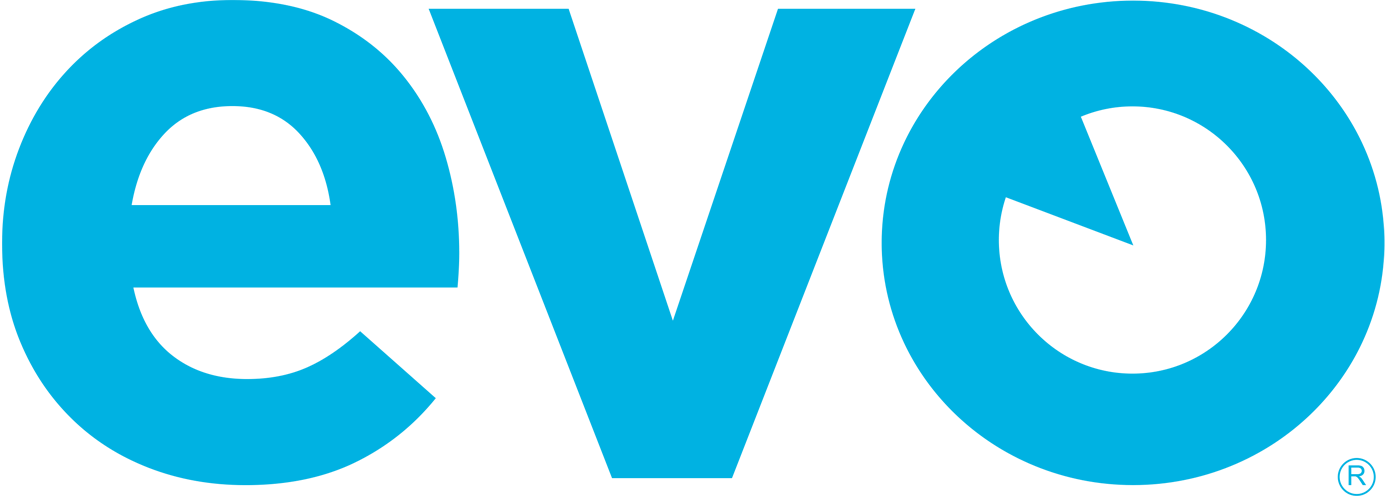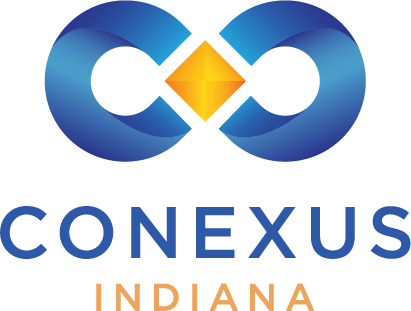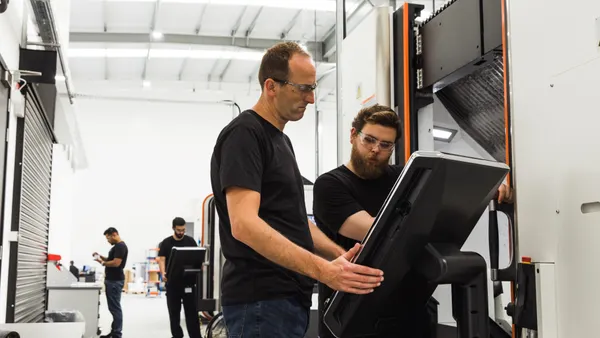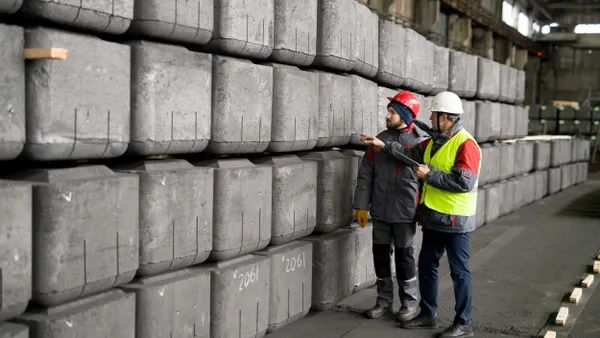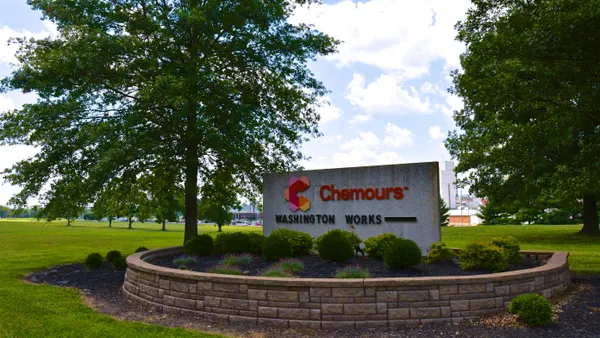Dive Brief:
- Keurig Dr Pepper plans to spend $100 million to further develop its coffee roasting and manufacturing facility in Spartanburg County, South Carolina. It is expected to be completed by 2027 and create 250 jobs.
- The project is an extension of a phased build of the facility that broke ground in 2019. Keurig Dr Pepper, which has continually upgraded and invested in its production, warehousing and distribution capabilities, previously spent $380 million on the facility that currently employs 155 people.
- The investment by Keurig Dr Pepper is the latest by a large CPG food and beverage manufacturer to build, retrofit, or expand an existing facility as they look to increase efficiencies and meet future demand for their products.
Dive Insight:
Despite recent struggles, Keurig remains a lucrative platform for its parent company with U.S. coffee sales totaling nearly $1 billion in its most recent quarter, the company said in July.
Coffee consumption is at a two-decade high, according to data released in 2022 by the National Coffee Association. Americans consume nearly half a billion cups of the beverage each day, making it the most popular drink ahead of water, tea, and juice. It’s also getting more popular with younger adults. The NCA reported that 51% of young adults between 18 and 24 drink coffee, representing an increase of 11% since July 2021.
With coffee demand on the rise, and the beverage a large part of Keurig Dr Pepper’s business, the company is taking the next step to ensure it is able to meet consumer interest. The fact that the expansion won’t be completed until 2027 shows Keurig Dr Pepper is taking a long-term view and likely has the capacity in its existing network to meet demand for some time.
“Our facility in South Carolina remains an important asset in the ongoing evolution of our next-generation coffee production capabilities,” Roger Johnson, Keurig Dr Pepper’s chief supply chain officer, said in a statement.
In the last few years, several large food and beverage companies have announced expansion plans.
Among the most notable, include PepsiCo, J.M. Smucker, Ferrero, Coca-Cola, Mondelēz International, Kraft Heinz and Nestlé. In addition to helping companies meet future demand for their offerings, new facilities provide a way for them to make their business more efficient and often reduce their environmental footprint.



